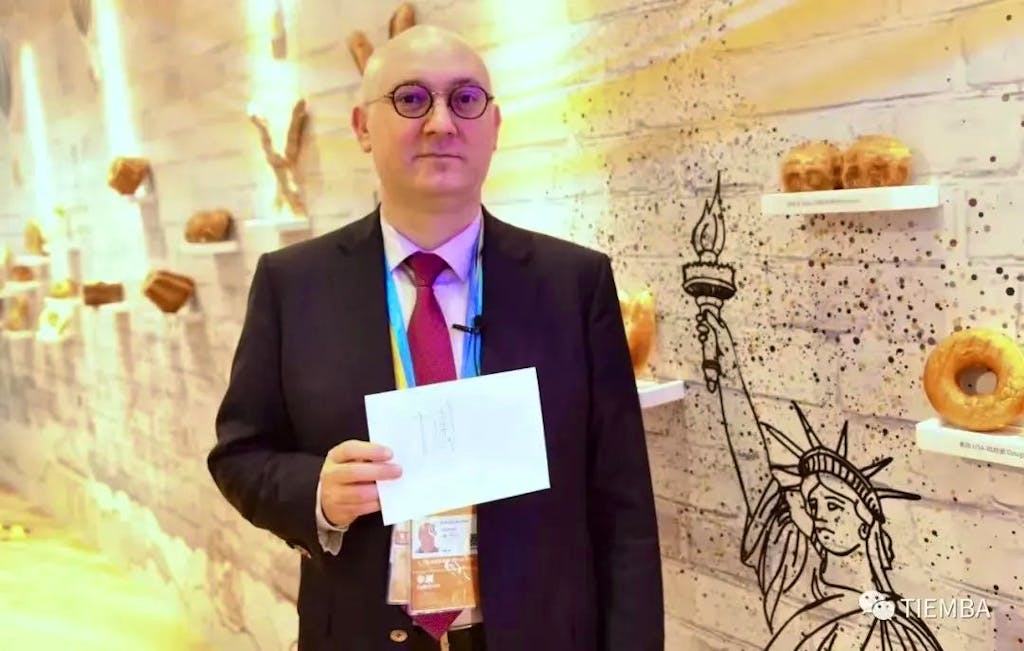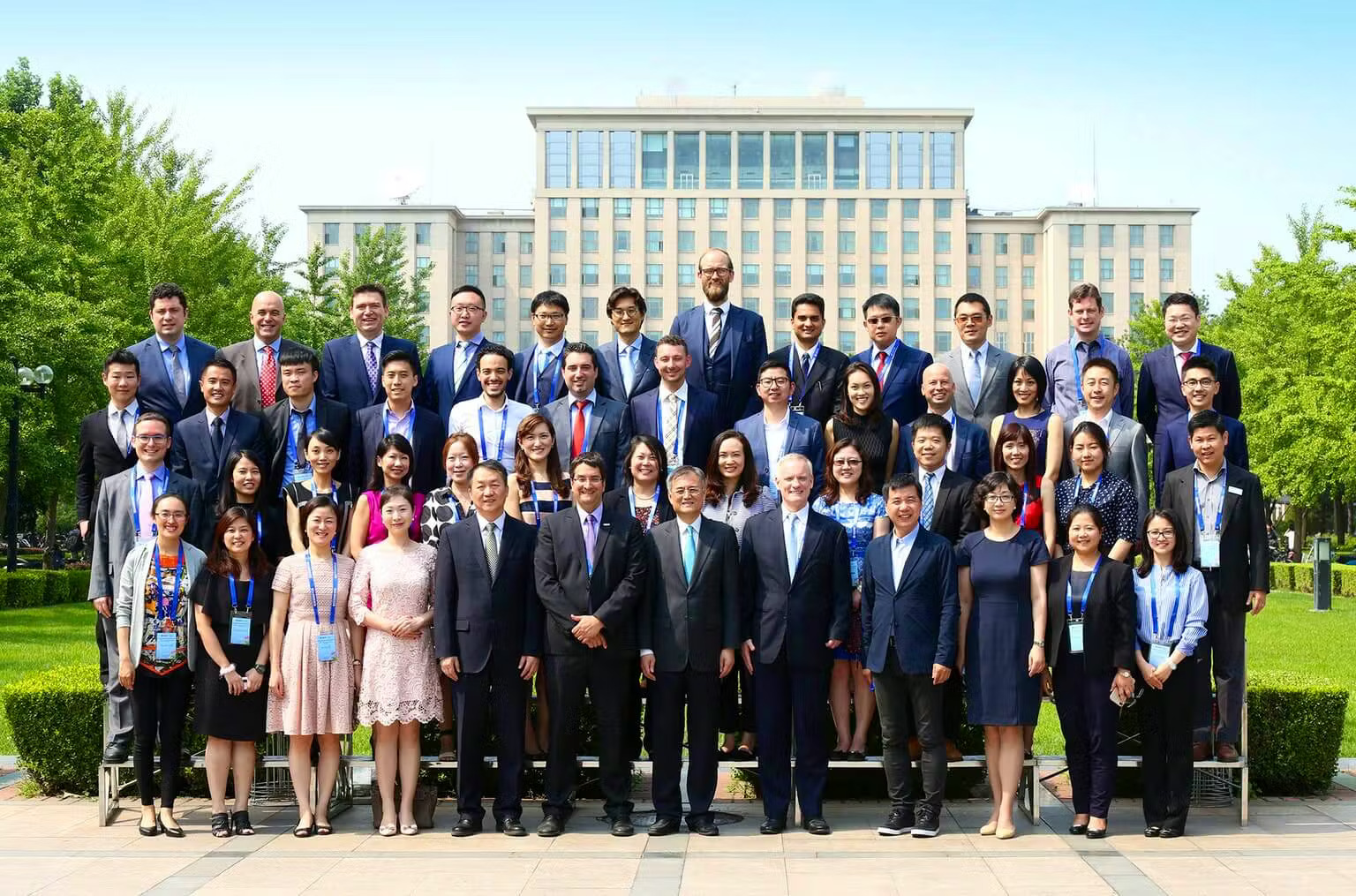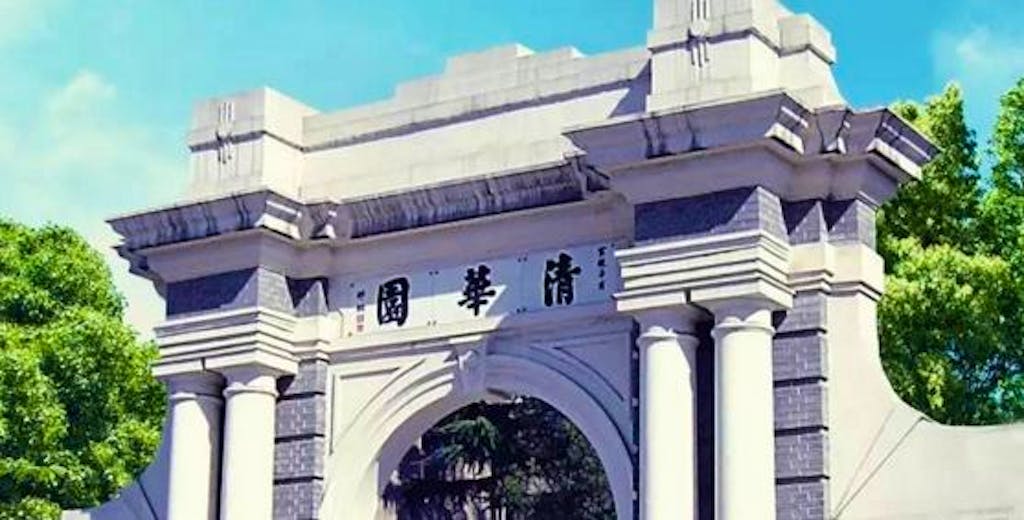 BURCHILA Bogdan, the COO of Erasteel, is an alumnus of TIEMBA Class 2014. Bogdan has a deep connection with China. He visited China with his father as early as 1992, and used to be working in China for over 10 years since 2011. During this period, he is more and more involved in Chinese culture. In 2018, as a foreign guest, he was interviewed by the CCTV documentary series “We Walked Together-Salute to the 40th Anniversary of Reform and Opening Up”. Here, we’re delighted to invite him to share his experience and wisdom of doing business in China.
BURCHILA Bogdan, the COO of Erasteel, is an alumnus of TIEMBA Class 2014. Bogdan has a deep connection with China. He visited China with his father as early as 1992, and used to be working in China for over 10 years since 2011. During this period, he is more and more involved in Chinese culture. In 2018, as a foreign guest, he was interviewed by the CCTV documentary series “We Walked Together-Salute to the 40th Anniversary of Reform and Opening Up”. Here, we’re delighted to invite him to share his experience and wisdom of doing business in China.
The business environment in China is significantly different from the other parts of the world. This specificity is mostly related to the very high level of competition and the fast dynamics of the changes in the market but also to the strong influence of the Chinese long history, extremely rich culture and teachings as well as the recent historic events that shaped the way Chinese people act in their daily lives or the way they react to stressful situations.
The foreign companies that are not familiar with the ways Chinese companies operate might find the business environment very challenging and they might not be able to adapt in order to have a real chance for success. For this reason, it is important to at least understand the main differences and the main concepts that are the basis of the way Chinese companies operate.
From my experience, the two main concepts that are defining the behavior and business decision patterns are the fast advancement and constant adaptation to the environment changes. It would be fair to say that in China the only constant is the constant change. These two concepts even if very simple have deep implications and they are often making the difference between successful and unsuccessful companies. In the same time, these two aspects of fast advancement and constant adaptation are proven to be very challenging for foreign companies working in China and therefore could limit their chances to run a successful business.
 One example that could perfectly highlight the decision-making process and the cultural differences between the Chinese and Western companies is the signature of a very important contract for a Chinese steel producer. The manufacturing parameters for the products in the contract have not been fully validated by the Chinese company and yet they have participated in the tendering process. On the other side, a foreign company has already validated the manufacturing process but was still unsure if they were fully capable to produce and deliver the products on time. The result of the tendering process was that the Chinese company won the contract with a better price. They have used the time before the first delivering date to develop and fully validate the new material and they have been able to deliver (not without difficulty) the products to the final customer. After the validation of the manufacturing process parameters, the production cost was higher than initially anticipated yet the contract was still bringing significant profits for the company.
One example that could perfectly highlight the decision-making process and the cultural differences between the Chinese and Western companies is the signature of a very important contract for a Chinese steel producer. The manufacturing parameters for the products in the contract have not been fully validated by the Chinese company and yet they have participated in the tendering process. On the other side, a foreign company has already validated the manufacturing process but was still unsure if they were fully capable to produce and deliver the products on time. The result of the tendering process was that the Chinese company won the contract with a better price. They have used the time before the first delivering date to develop and fully validate the new material and they have been able to deliver (not without difficulty) the products to the final customer. After the validation of the manufacturing process parameters, the production cost was higher than initially anticipated yet the contract was still bringing significant profits for the company.
This example is illustrating the capacity for the Chinese company to take rapid decisions with incomplete information and to assume risks. On the other side, the foreign company, even if they have had the product validated, they were unwilling to make the decision to move forward and assume considerably lower risks. In this case, the Chinese company with a much faster and less complicated decision-making process has won the competition.
One could wonder what would have happened if after signing the contract the Chinese company was unable to produce and deliver the products in the contract. Although this is a legitimate question, the reality shows that in this particular case the experience and intuition of the Chinese management team was right and the decision made allowed them to secure substantial benefits for the company while the foreign company passed the opportunity.
As conclusion, I would say that the difference between successful companies operating in China and unsuccessful ones is to be found in the capacity of the management to balance between speed and risk taking in order to move forward without losing the control of the company track. The experience, constant practice, open mind, willingness to constantly challenge themselves and high level of intuition are the main differentiators.
TIEMBA is a unique and modular dual-degree programme that offers our participants the best of both institutions: one of China’s most elite universities and one of the world’s top international business schools. It is always an important part of the programme to combine theory together with practice, which leads the program to invite global executive leaders walking into the class.
This article was originally published by TIEMBA on WeChat. Read the original post here.
Tsinghua-INSEAD’s Executive MBA Program
The Tsinghua–INSEAD Executive MBA (TIEMBA) is a unique partnership between INSEAD, one of the world’s leading business schools, and Tsinghua, one of China’s most prestigious universities. This Double Degree program for international students is taught in English over 22 weeks, and offered in three locations; Singapore, France and Beijing. Students have the opportunity to exchange perspectives within an elite, dynamic, culturally diverse class of experienced managers and be part of two powerful alumni networks. The TIEMBA is where life-changing leadership development meets the technical mastery of key business disciplines. It is the best of East and West, learning and working, technical knowledge and soft skills — in a single programme.
Learn more and apply for the program through the China Admissions platform.
- Tsinghua-INSEAD EMBA Ranks 3rd Globally in QS EMBA Ranking 2025 - May 26, 2025
- Tsinghua-INSEAD EMBA 2025 Intake Application Round Reminder - November 17, 2024
- Tsinghua SEM TIEMBA Class of 2026 Opening Ceremony Held - September 7, 2024


